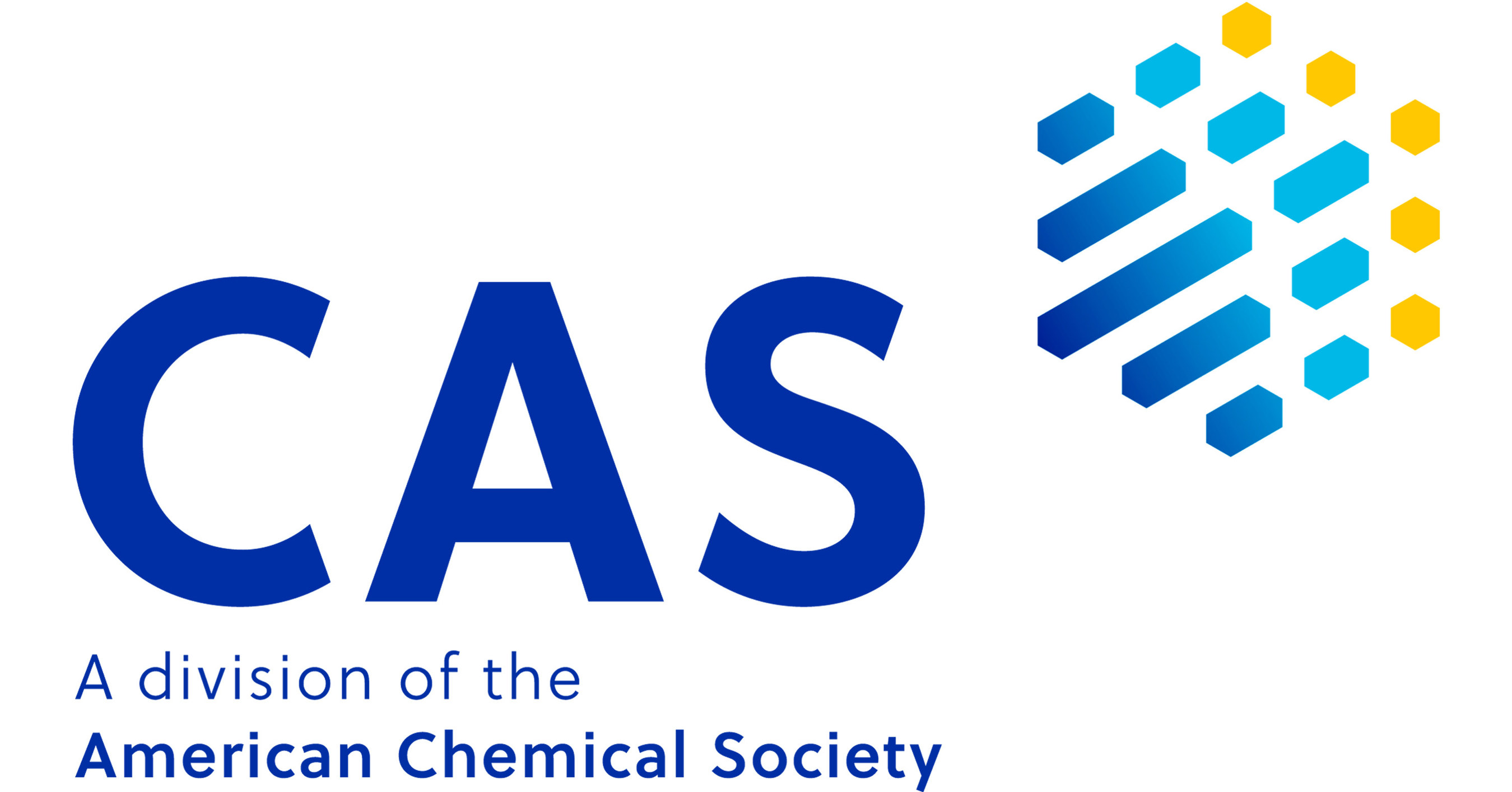Jeremy Bowman, The Motley Fool
Sat, Apr 12, 2025, 3:06 PM 5 min read
In This Article:
Spring is only just starting to bloom, but 2025 is already starting to look like a lost year for investors. As of April 8, the S&P 500 (SNPINDEX: ^GSPC) is down 18%, the Nasdaq Composite is in a bear market, and investors are reeling over President Donald Trump's plan to impose the highest tariff rates in over a century.
Over the last week, all but five S&P 500 stocks are in the red, and of those, there's only one that isn't a healthcare company. It's a retailer with a business model that makes it recession-resilient. In fact, it has a history of outperforming and seeing stronger growth in recessions, and it's well positioned to avoid any headwinds related to tariffs.
I'm talking about Dollar General (NYSE: DG), the discount retailer that suddenly looks like a winner after stumbling through 2023 and 2024. As you can see from the chart below, Dollar General has surged this year, easily beating the broad market:
Dollar General has gained as the S&P 500 has fallen, showing off its countercyclical nature. The stock surged the day after Trump announced global tariffs, gaining 4.7% even as the rest of the market tumbled, a sign that the market views Dollar General as tariff-proof.
At the current moment of uncertainty in both trade policy and the overall health of the economy, Dollar General finds itself in an advantageous position, especially compared to other retailers.
First, consumables make up the vast majority of the company's sales -- 82% in 2024. These are products like paper and cleaning products, packaged food, perishables, and health and beauty products, all of which consumers buy in good times and in bad.
Because so much of its sales come from food, which is typically produced domestically, the company has much less tariff exposure than most retailers. According to Citigroup analysts, just around 10% of its inventory is exposed to tariffs, much better than Dollar Tree's 50%, as the latter company tends to sell more discretionary items.
Dollar General also has a history of outperforming in a recession, as consumers tend to trade down from more expensive stores when they're looking to save money. Additionally, the retailer has the advantage of selling smaller package sizes, so consumers can buy single rolls of toilet paper or paper towels, which they couldn't do at a competitor like Walmart.
In the throes of the great financial crisis, Dollar General reported same-store sales growth of 9% in 2008 and 9.5% in 2009, showing how consumers flock to its stores to save money. Over its history, the company has delivered positive same-store sales growth in every year since 1990, except for 2021 (a same-store sales spike of 16.3% when COVID-19 hit in 2020 gave way to a decline of 2.8% the following year). That track record shows it can do well in any economy.
.png)
 German (DE)
German (DE)  English (US)
English (US)  Spanish (ES)
Spanish (ES)  French (FR)
French (FR)  Hindi (IN)
Hindi (IN)  Italian (IT)
Italian (IT)  Russian (RU)
Russian (RU) 







Comments